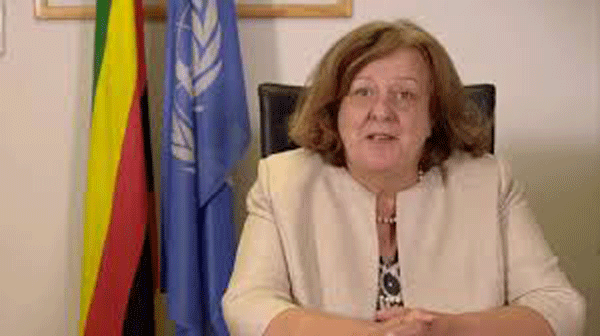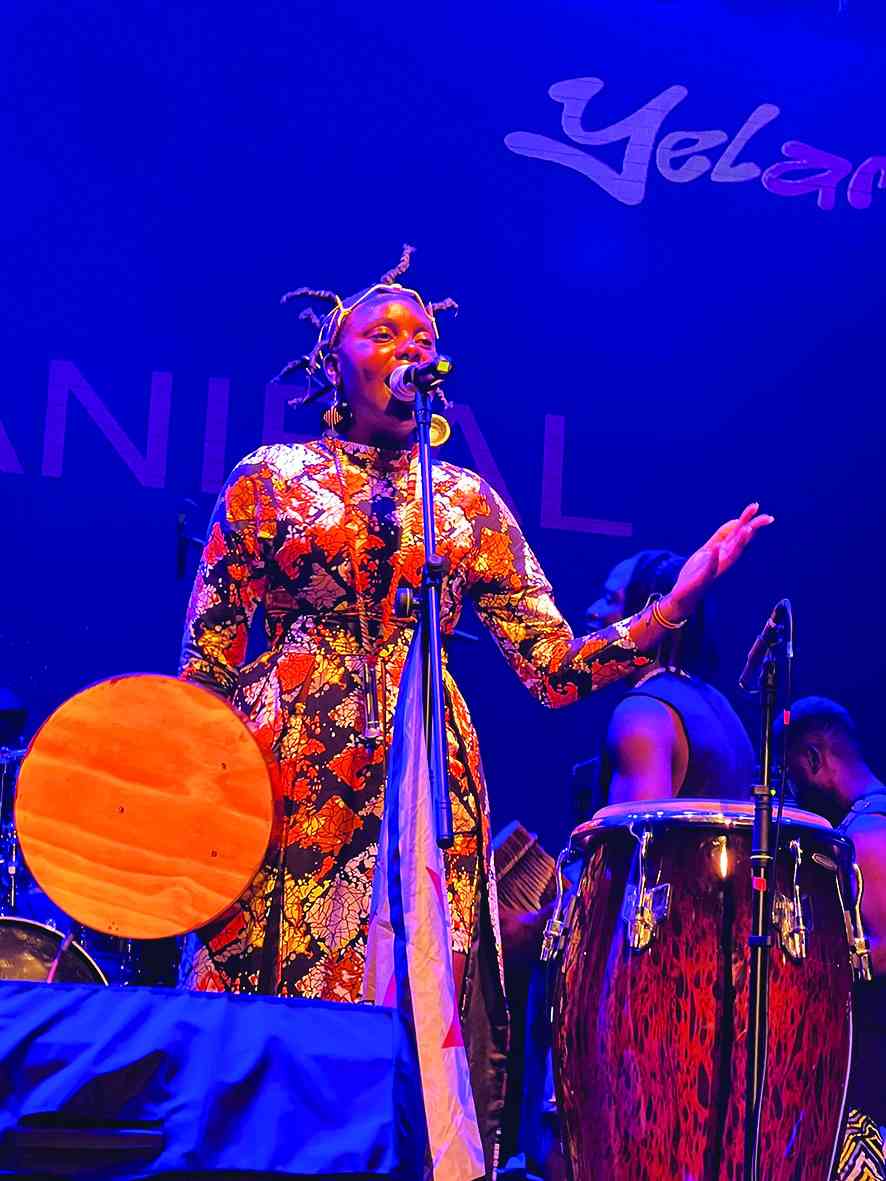
BY PHYLLIS MBANJE/ARNOLD FANDISO/VANESSA GUZHA
UNITED Nations resident co-ordinator in Zimbabwe, Maria Ribeiro yesterday said a study conducted by the World Health Organisation (WHO) had revealed that 41% of COVID-19 victims in Africa were women, yet they were not adequately represented in decision-making processes.
Ribeiro said this in Harare during her address on the occasion of the International Women’s Day which was commemorated under the theme Women in Leadership: Achieving an Equal Future in a COVID-19 world.
She said women and girls served as frontline healthcare givers, innovators, advocates, community organisers and so much more.
“A study conducted by the WHO found that on average, 41% of COVID-19 victims in Africa are women. In Zimbabwe, COVID-19 response structures at all levels have noticeably had less representation of women in decision-making positions. This poses a challenge for our commitment to build back better,” Ribeiro said.
“As we recover from the COVID-19 crisis, we must use the opportunity of rebuilding a better future, to ensure women’s equal participation at all levels in a more inclusive and more resilient future for all people in Zimbabwe,” she said.
Ribeiro said over the years, the number of women in Parliament in Zimbabwe decreased from 34% to 31%, while those in local government declined from 16% to 14% in the 2018 elections.
“This falls below the constitutional provision of at least 50% representation for women as enshrined in section 17 of the Constitution,” she said.
- Chamisa under fire over US$120K donation
- Mavhunga puts DeMbare into Chibuku quarterfinals
- Pension funds bet on Cabora Bassa oilfields
- Councils defy govt fire tender directive
Keep Reading
In a statement, Shamwari Yevasikana director Ekenia Chifamba said: “For women and girls the world over, 2020 has been a difficult year. For centuries, women and girls have continued to struggle against deep-rooted economic, social, religious and cultural barriers that prevent them from assuming positions of leadership and decision-making.”
Chifamba called for urgent bridging of the widening gap between women and men.
Pan-African Positive Women’s Coalition-Zimbabwe national director Tendai Westerhoff said women could be equal partners in policy-making processes.
“As a country, we are slowly recovering from a devastating pandemic. With the majority of women self-employed, we had our livelihoods under the padlock. Women must have the opportunity in shaping the decisions which will put the country on the recovery trajectory,” Westerhoff said.
The Zimbabwe Lawyers for Human Rights (ZLHR) raised concern over the continued targeting of women human rights defenders through arrests and detention that exposed them to COVID-19, harassment and sexual assault.
“End the marginalisation and exclusion of women from economic, social and political spheres of society through implementing legislative and administrative measures to outlaw discrimination against women and promote their status as undertaken during the United Nations Human Rights Council-led Universal Periodic Review Mechanism,” ZLHR said.
Students and Youths Working on a productive Health Action Team said: “Without gender equality and women empowerment, the country will not be able to achieve sustainable development goals.”
- Follow us on Twitter @NewsDayZimbabwe











